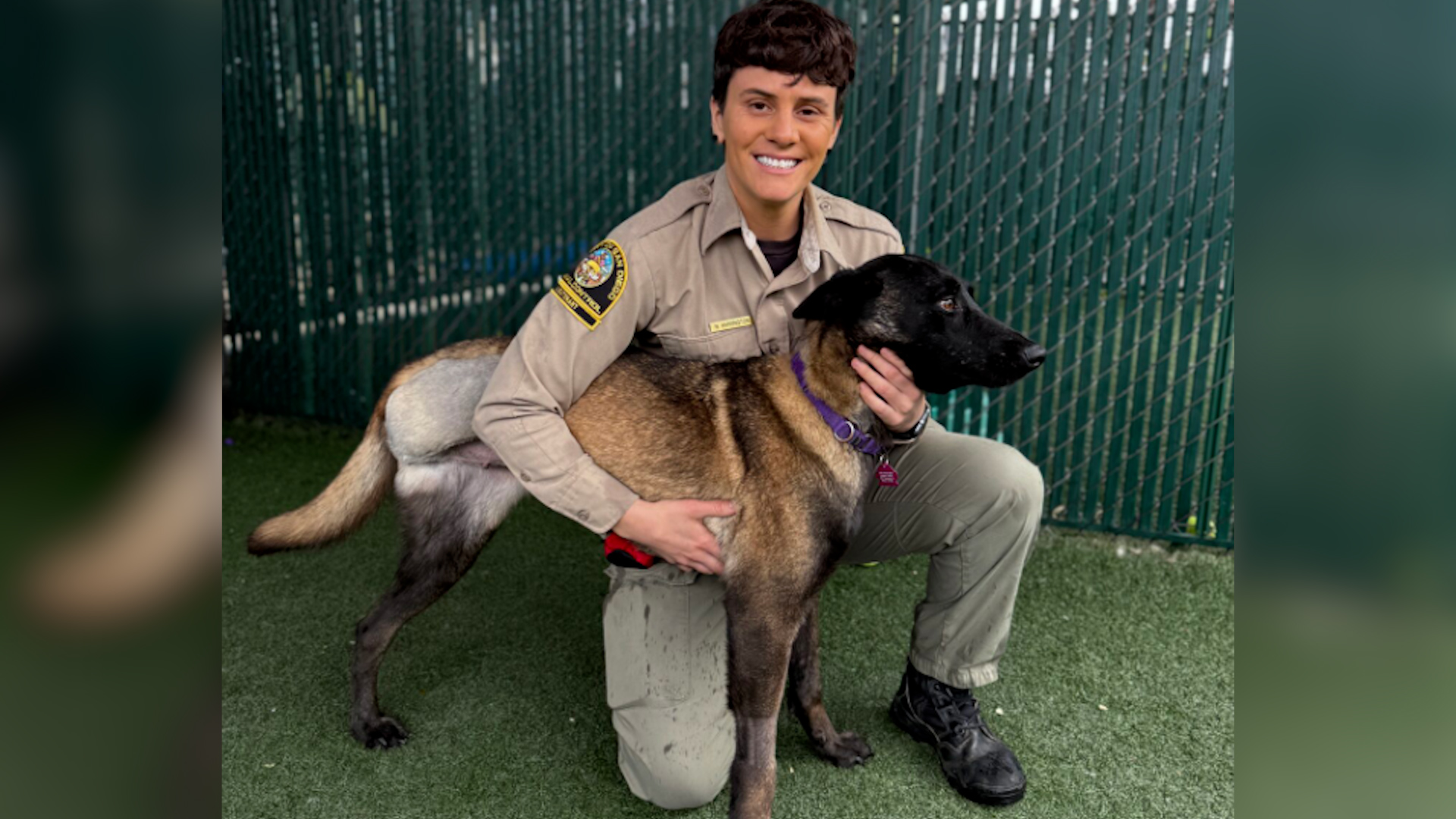San Diego-area elected and law enforcement officials spoke out against Arizona’s SB 1070 following the U.S. Supreme Court ruling that upheld a key provision of the controversial immigration law.
While at first glance, the court’s ruling appears to reject Arizona’s SB 1070, both sides of the issue were able to declare a victory.
The controversial law passed in Arizona resonated with citizens in Southern California, a region divided by immigration issues and anti-immigration rhetoric.
Justices rejected three of the four key provisions of the immigration law however, part of the law requiring police to check the status of someone they suspect is not in the United States legally could go forward, the court ruled.
Reached by NBC 7, the law's author Russell Pearce said the decision was a victory for Arizona, since he believes the important part of the law was upheld.
"It's a win. It's a win for the state, it's a win for the rule of law," Pearce said. "Most [of the provisions] were found legal and constitutional. The other three that we didn't win on were just icing on the bill."
Pearce said the next step will be to enforce the provision.
Local
"We want to do it humanely, but we want to do it unapologetically," he said. "We have a right to enforce our laws and secure our borders. We have an obligation to secure our borders and enforce our laws."
Among those upset about the split ruling were Escondido City Councilmember Olga Diaz, San Diego City Councilmember Todd Gloria and National City Police Chief Adolfo Gonzales.
Chula Vista Police Chief David Bejarano addressed the crowd saying, “We don’t want to see an Arizona-type law in California.”
The ACLU of San Diego & Imperial Counties called Monday’s ruling to uphold a “show me your papers” provision a “bad decision.”
The group, gathered together on the steps of the San Diego County Administration Building by the ACLU, say they’re concerned copycat laws may surface elsewhere across the U.S.
However, proponents of stricter immigration laws said the court's decision will help to secure the border and protect citizens.
“Inaction by the federal government has forced Arizona and other states to confront the enormous strain on resources and finances that is attributed to illegal immigration," said local U.S. Rep. Duncan Hunter in a statement. "The federal government can put an end to all this uncertainty by enforcing the law—at the border and in the workplace."
Hunter said although one of the provisions of the Arizona law was turned down, the parts that were upheld will bring attention to the broader issue of immigration and how states can help enforce immigration laws.
The court rejected provisions of the law that required all immigrations to get or carry papers.
Justices also ruled it unconstitutional to make it a state criminal offense for an illegal immigrant to seek work or hold a job.
Also, police should not arrest suspected illegal immigrants without warrants the justices ruled.
In Arizona, elected officials joined Gov. Jan Brewer in declaring Monday’s ruling a victory.
Brewer says states have a responsibility to defend their residents, and in her eyes the case was about Arizona's support for the rule of law.
Brewer says that includes laws against both illegal immigration and racial profiling. She promises that police will be "held accountable" if the law is used in a way that "violates an individual's civil rights."
Let us know what you think. Comment below, send us your thoughts via Twitter @nbcsandiego or add your comment to our Facebook page.
Chief Justice John Roberts and Justices Stephen Breyer, Ruth Bader Ginsburg and Sonia Sotomayor joined all of Justice Anthony Kennedy's opinion.
Justices Antonin Scalia and Clarence Thomas would have allowed all the challenged provisions to take effect.
Justice Samuel Alito would have allowed police to arrest undocumented immigrants who seek work, and also make arrests without warrants.
Chula Vista and San Diego were among the cities that have passed resolutions protesting the law. In Escondido, the move to pass such a resolution was stifled with dissenting council members saying the council can not tackle issues not affecting Escondido.
Local activists drove to Phoenix to rally against the law many viewed as unconstitutional.
In downtown San Diego, critics protested in the days after its passage carrying signs that said "Now illegal to be Mexican in Arizona" and "Shame on Arizona."
Follow NBCSanDiego for the latest news, weather, and events: iPad App | iPhone App | Android App | Facebook | Twitter | Google+ | Instagram | RSS | Text Alerts | Email Alerts



